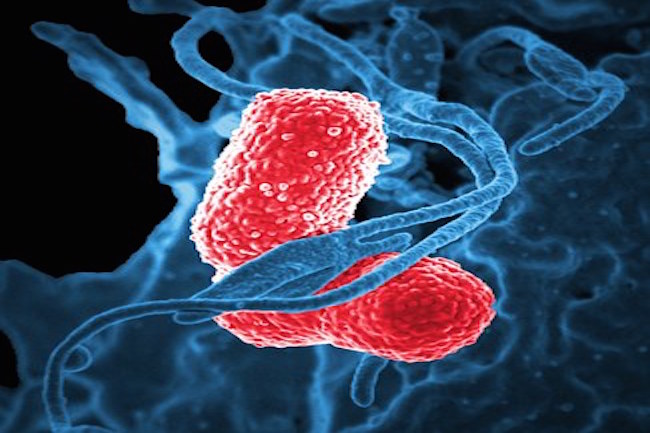Molecule Triggers Self-Destruction Of Pancreatic Cancer Cells, Scientists Discover By Manuel García Aguilar for Natural Blaze
One of the biggest challenges modern medicine has had to face is finding successful cancer treatments. And recently, treatment advances across the spectrum of cancers have continued at a rapid pace.
Lung cancer experienced significant treatment breakthroughs in 2018, primarily in immunotherapy. Other immunotherapy trials brought new treatment options to patients with a range of solid tumor and blood cancers. And also in 2018, the Nobel Prize in Physiology or Medicine was awarded to James P. Allison and Tasuku Honjo for their discovery of cancer therapy by “inhibition of negative immune regulation.”
Despite these recent big steps in medicine, pancreatic cancer—and more specifically, pancreatic ductal adenocarcinoma (PDAC)—remains a devastating diagnosis with complete surgical removal of the tumor the only chance for cure. A shocking 80-90% of patients have PDAC that is surgically incurable at the time of clinical presentation. It was estimated that 46,420 new cases and 39,590 deaths were attributable to pancreatic cancer in the United States in 2014, of which PDAC represents the vast majority.
The researchers inserted xenografts—in this case, human pancreatic cancer cells— into mice whose immune systems were suppressed so they wouldn’t reject the foreign cells, and saw the cells multiply below the skin.
They then injected the molecule PJ34 into the bloodstream of the mice to see if it would affect the tumor. After 14 days there was a substantial reduction of 80% to 90% of the cancer cells. In one mouse, the tumor completely disappeared.
“This molecule causes an anomaly during the duplication of human cancer cells, provoking their rapid cell death,” said Tel Aviv University’s Cohen-Armon in a statement. “Thus, cell multiplication itself resulted in cell death in the treated cancer cells.”
Cohen-Armon added that “no adverse effects were observed and there were no changes in the weight gain of the mice, nor in their behavior.”




